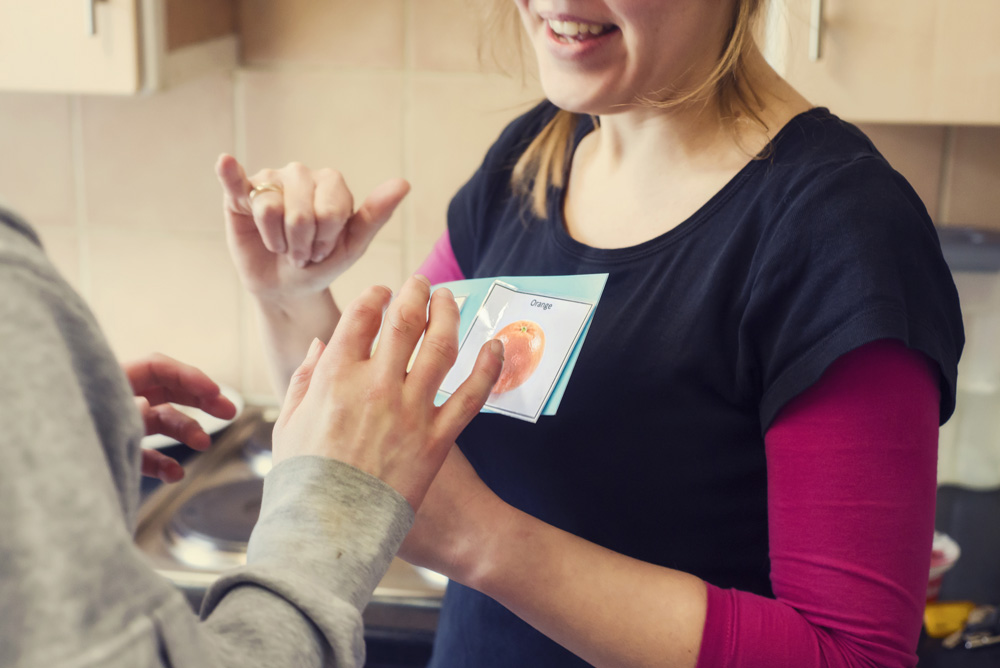Autism …
- is a lifelong condition that affects how a person communicates with and relates to other people
- means differences and difficulties in three main areas known as the “Triad of Impairment”:
- social communication: problems using and understanding verbal & body language
- social interaction: problems in recognising and understanding other people’s feelings, and in managing their own
- social imagination: problems understanding & predicting other people’s behaviour and intentions and imagining situations outside their own
- affects the person’s senses, and how they experience the world around them
- can mean that the person may experience some form of sensory sensitivity or under-sensitivity, for example to sounds, touch, tastes, smells, light or colours. Sensory issues can mean the person also has difficulty with body awareness, may have problems moving around easily or holding their bodies in unusual positions
- can mean the person prefers a fixed routine and finds change incredibly difficult
- can mean the person needs lots of support to cope with a world that is unpredictable, confusing and frightening
- may affect the way a person conducts themselves, using behaviours that can be rigid, unusual and/or challenging to those around them
- is an umbrella term that covers autistic spectrum disorder (ASD), autism spectrum condition (ASC), autistic spectrum difference, neuro-diversity & Asperger’s syndrome
- is a spectrum disorder, affecting individuals in different ways and with varying severity. For example, people who have Asperger’s syndrome typically have fewer problems speaking than others on the autism spectrum but still have significant problems with communication that can be masked by their ability to speak fluently. They are often of average or above-average intelligence
- can occur in combination with other conditions such as learning disabilities, ADHD (attention deficit hyperactivity disorder) or specific learning difficulties such as dyspraxia
Ref: “Fulfilling and rewarding lives: Implementing the Autism strategy for adults” Department of Health 2010
Liaise …
- is an independent organisation with many years of experience providing personalised services for adults most profoundly affected by autism and severe learning disabilities, and who are at risk of being excluded from many activities, experiences & services in our communities
- uses positive approaches to support individuals to build on their strengths and overcome barriers to living a life of their choosing
- ensure relationships are built and nurtured with the individual, the whole family, staff, advocates and placing authorities to ensure the highest standard of service is provided at all times.





